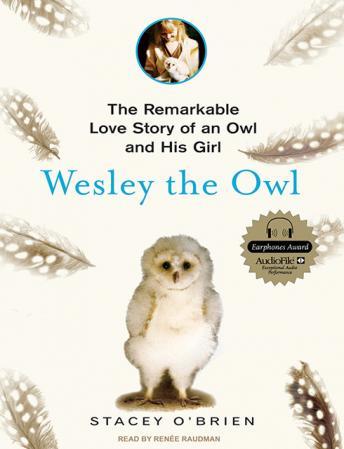A few books to share that have been some positive influence. Please others please do share those specifically pivotal readings which did make some impact upon you.
(1). Emotional Intelligence by Daniel Goleman (1995).
(2). Feeling Good by David D. Burns, M.D. (1980). [Cognitive Discipline of your mind].
(3). Frames of mind: Theory of Multiple Intelligences. by Howard Gardner (1983/1993).
(4). A New Guide to Rational Living by Albert Ellis, PhD. & Robert A. Harper PhD. (1961, 1975). ([Rational-Emotive, basically similar to Cognitive Disciplinary mind set]
(5). Please Understand Me by David Keirsey and Marilyn Bates (1984). [MBTI also known Myers-Briggs Typology Index]
(6). Reason and Emotion in Psychotherapy by Dr. Albert Ellis (1962). ([Rational-Emotive, basically similar to Cognitive Disciplinary mind set]
(7). The Seven Sacred Spiritual laws of Success by Deepak Chopra (1994).
(8). 365 Days of Walking the Red Road: The Native American Path to Leading a Spiritual Life Every Day by Terri Jean (2003).
(9). World Scripture: A Comparative Anthology of Sacred Texts (Of International Religious Foundation (1991).
- - - Updated - - -
50 Spiritual Classics
1. Muhammad Asad The Road To Mecca (1954)
2. St Augustine Confessions (400)
3. Richard Bach Jonathan Livingston Seagull (1970)
4. Black Elk Black Elk Speaks (1932)
5. Richard Maurice Bucke Cosmic Consciousness (1901)
6. Fritjof Capra The Tao of Physics (1976)
7. Carlos Castaneda Journey to Ixtlan (1972)
8. GK Chesterton St Francis of Assisi (1922)
9. Pema Chödrön The Places That Scare You (2001)
10. Chuang Tzu The Book of Chuang Tzu (4th century BCE)
11. Ram Dass Be Here Now (1971)
12. Epictetus The Enchiridion (1st century)
13. Mohandas Gandhi An Autobiography: The Story of My Experiments With Truth (1927)
14. Al-Ghazzali The Alchemy of Happiness (1097)
15. Kahlil Gibran The Prophet (1923)
16. GI Gurdjieff Meetings With Remarkable Men (1960)
17. Dag Hammarskjold Markings (1963)
18. Abraham Joshua Heschel The Sabbath (1951)
19. Herman Hesse Siddartha (1922)
20. Aldous Huxley The Doors of Perception (1954)
21. William James The Varieties of Religious Experience (1902)
22. Carl Gustav Jung Memories, Dreams, Reflections (1955)
23. Margery Kempe The Book of Margery Kempe (1436)
24. J Krishnamurti Think On These Things (1964)
25. CS Lewis The Screwtape Letters (1942)
26. Malcolm X The Autobiography of Malcolm X (1964)
27. Daniel C Matt The Essential Kabbalah (1994)
28. Dan Millman The Way of the Peaceful Warrior (1989)
29. W Somerset Maugham The Razor's Edge (1944)
30. Thich Nhat Hanh The Miracle of Mindfulness (1975)
31. Michael Newton Journey of Souls (1994)
32. John O'Donohue Anam Cara: A Book of Celtic Wisdom (1998)
33. Robert M Pirsig Zen and the Art of Motorcycle Maintenance (1974)
34. James Redfield The Celestine Prophecy (1994)
35. Miguel Ruiz The Four Agreements (1997)
36. Helen Schucman & William Thetford A Course in Miracles (1976)
37. Idries Shah The Way of the Sufi (1968)
38. Starhawk The Spiral Dance: A Rebirth of the Ancient Religion of the Great Goddess (1979)
39. Shunryu Suzuki Zen Mind, Beginner's Mind (1970)
40. Emanuel Swedenborg Heaven and Hell (1758)
41. Teresa of Avila Interior Castle (1570)
42. Mother Teresa A Simple Path (1994)
43. Eckhart Tolle The Power of Now (1998)
44. Chögyam Trungpa Cutting Through Spiritual Materialism (1973)
45. Neale Donald Walsch Conversations With God (1998)
46. Rick Warren The Purpose-Driven Life (2002)
47. Simone Weil Waiting For God (1979)
48. Ken Wilber A Theory of Everything (2000)
49. Paramahansa Yogananda Autobiography of a Yogi (1974)
50. Gary Zukav The Seat of the Soul (1990)"
source:
50 Spiritual Classics - Tom Butler-Bowdon

